Climate change is on everybody’s mind today, not just because it’s happening everywhere, but because pundits keep mentioning it in the news. It’s also a hot topic because the climate remains Joe Biden’s political platform in this election year.
But Steve Forbes, politician and chief editor of Forbes magazine, thinks that announcing a climate crisis would wreak havoc on the nation’s economy. Here’s what he said and why Biden should tread carefully.
Forbes’ Reason
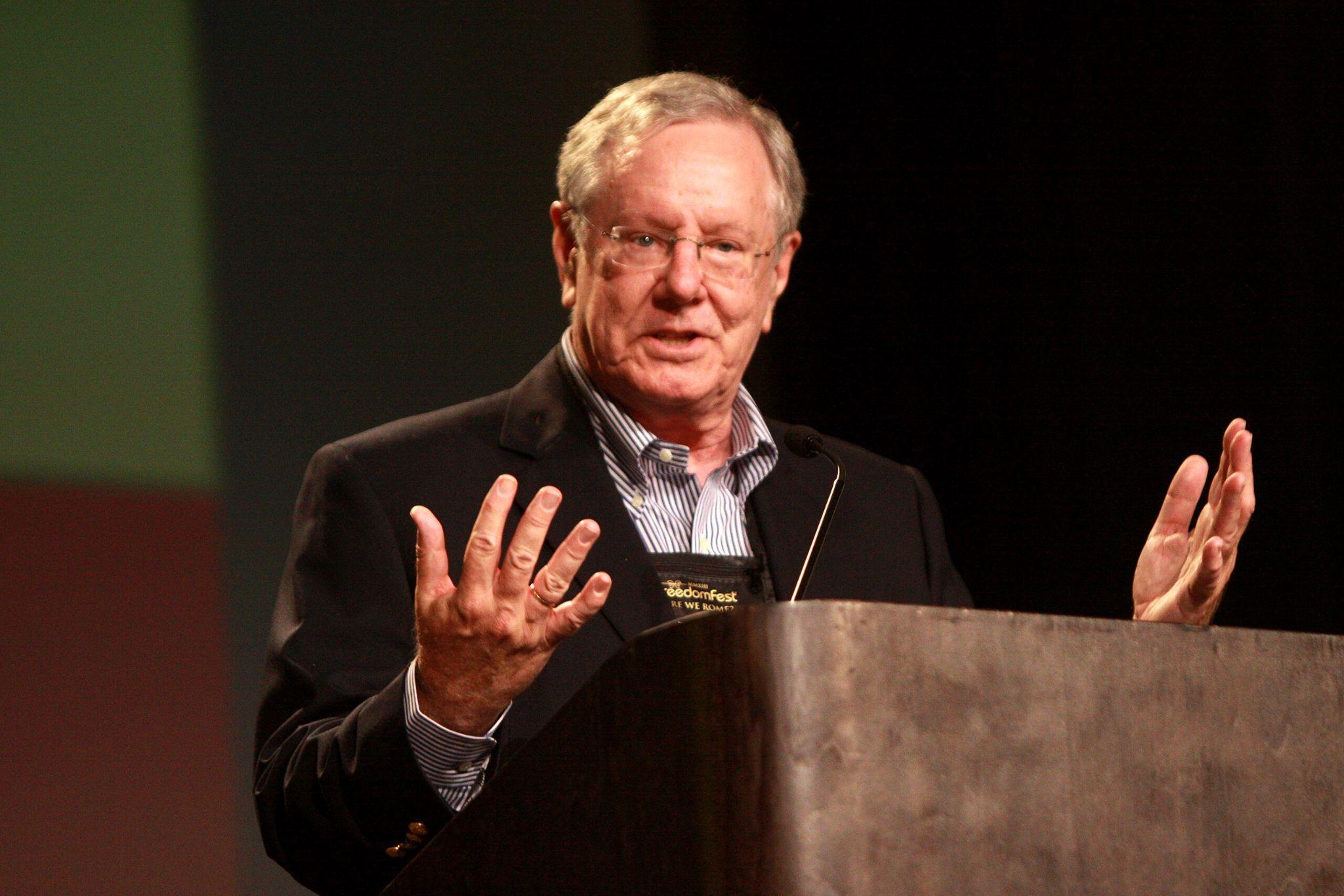
Forbes, who was a two-time Republican presidential candidate, was responding to rumors about the current POTUS’ top advisers having started talking about invoking a climate emergency anew.
If declared, a national climate emergency would be a significant move that would allow the federal government to restrict oil development.
The Troubled Warning

With this in mind, Forbes went on to speak to Fox Business’ “The Evening Edit,” dropping a warning for the president and the American public.
“You’re going to pay for it with an even more troubled economy,” Forbes told the show’s host, Elizabeth MacDonald. “That would give him the power to stop drilling offshore, stop export of crude, and they think that’ll lower gasoline prices here.”
Using Germany as an Example
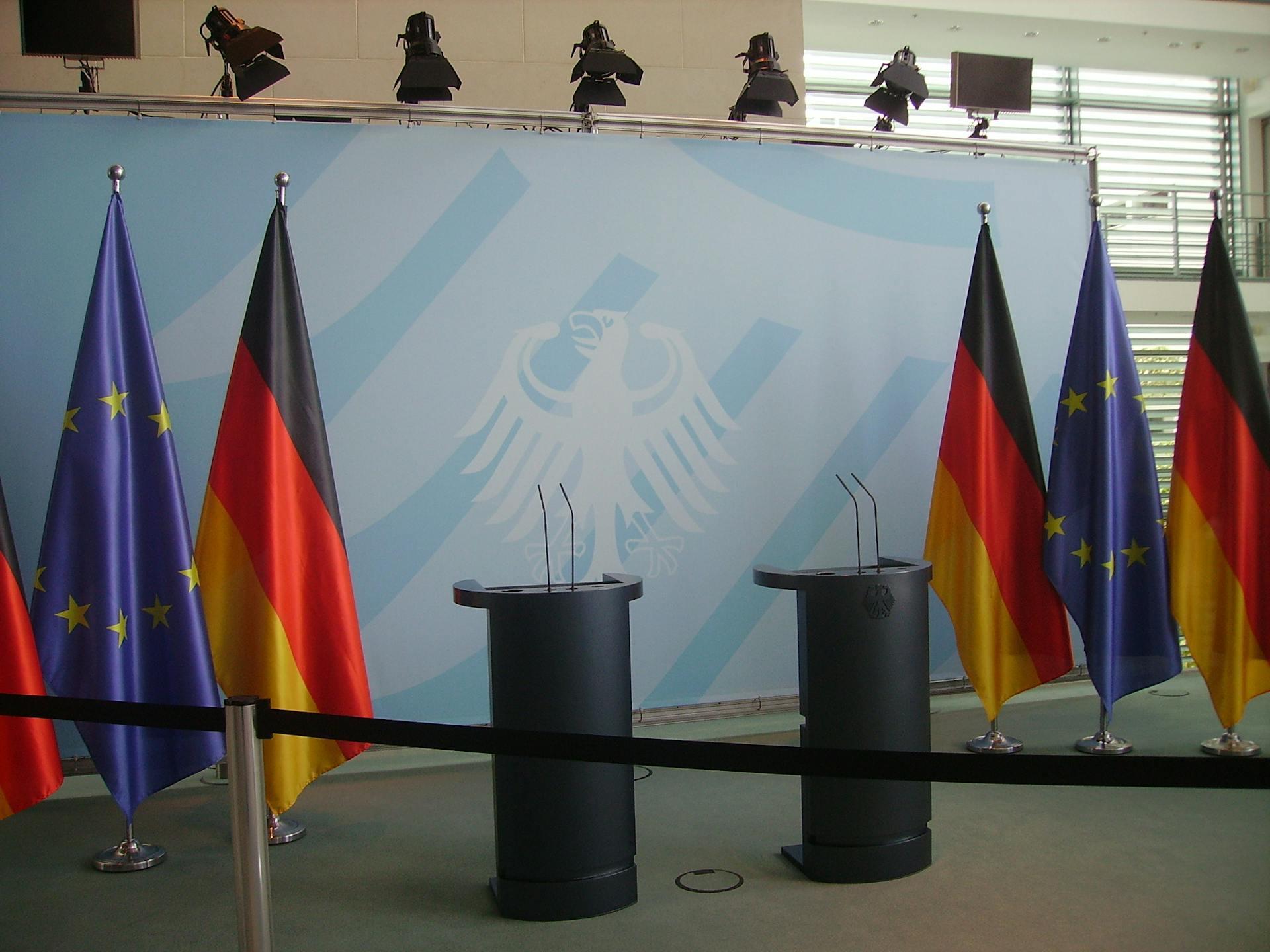
But Forbes thought what would happen instead was that it would “wreck the economy” and lead to “higher energy prices” for all Americans. He went on to point out what happened in Europe as an example.
“Just look at Europe,” Forbes continued. “Germany has two to three times the electricity costs than the U.S. because of the kinds of stuff the Biden administration is doing now. They’ve learned a hard lesson.”
What Statistics Say
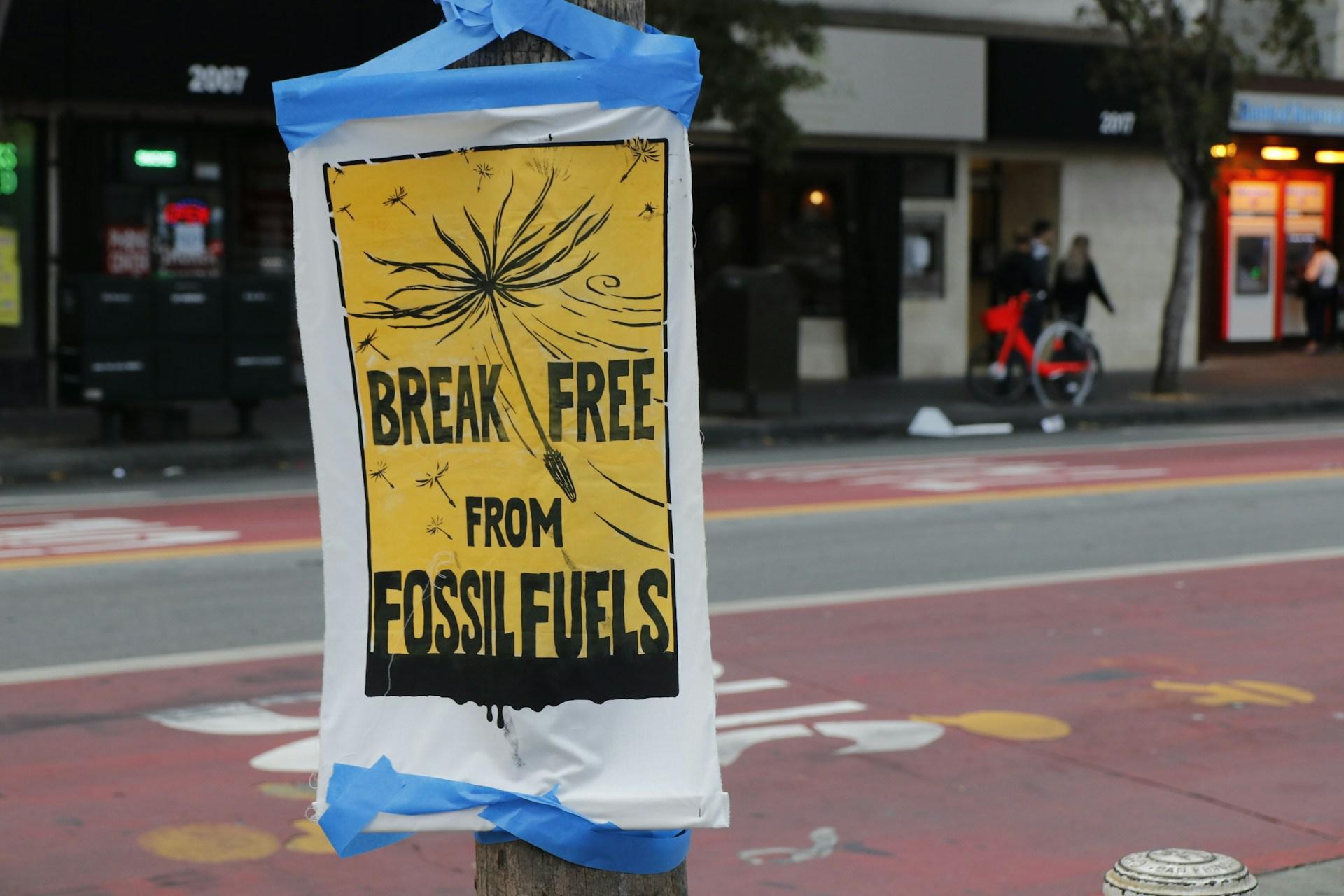
Based on an analysis by Statista, German households paid 40 cents (USD) per kilowatt-hour in September 2023. As a comparison, U.S. households only paid 17 cents.
Furthermore, the data also showed that market price fluctuations are more likely to happen in countries that rely heavily on fossil fuel imports for electricity generation. (And just in case you’re wondering if the U.S. is importing fossil fuel, the answer is yes, it does.)
Winning Over the Young

Forbes accused Biden of using climate issues and the emergency declaration just as a political strategy. Top advisers at the White House did seem to think it would win over the younger Americans’ votes in the upcoming elections.
Bloomberg, the first to report on the possibility of invoking the climate emergency, spoke to environmentalists who agreed with the strategy. “If Biden wants to wink the youth vote, he needs to take forceful action on climate change,” said Aru Shiney-Ajay of the Sunrise Movement, a youth organization focused on stopping the climate crisis.
Doing It All Wrong

However, Forbes thought the way Biden’s administration was doing it was just not helping the economy as it was “throwing all sensible policies away” just to win the election.
Forbes called this strategy “cheap” and “cowardly.” Then, he added, “I think young people will see through it. … [there’s] a lot of verbiage that’s going to end up doing them harm as well.”
Biden’s Contradictions

Forbes also gave an example of how the Biden administration was contradicting itself. “Just a few hours ago, in Alaska, Biden’s put a kibosh on a big copper project,” Forbes said.
He was referring to the rejected reapproval of the Ambler Access Project (AAP) in Alaska. This move has halted development of the mining of copper and other minerals, which many believed crucial for the U.S. economy.
A Way to Get the Economy Going
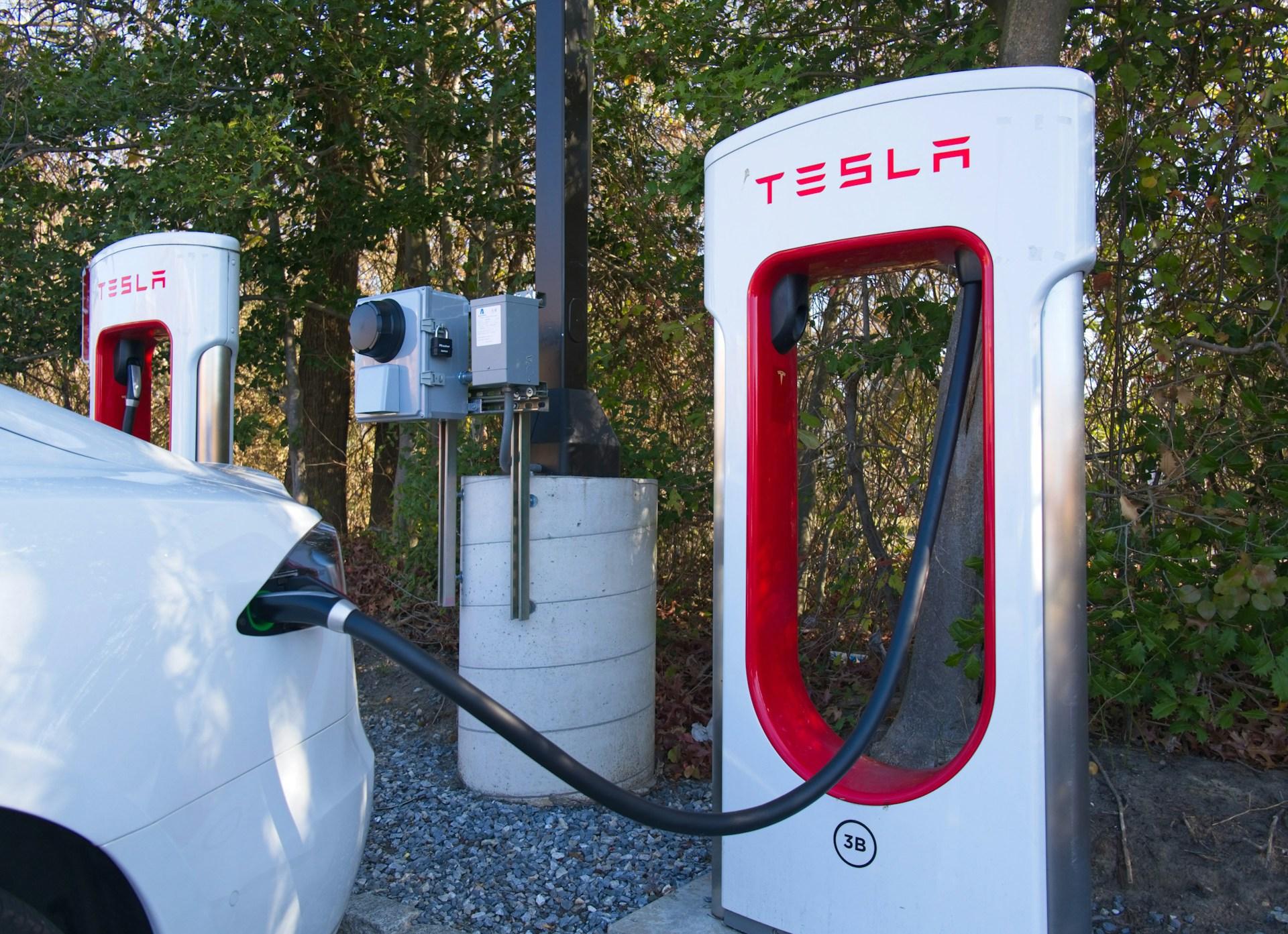
“If you are serious about EVs, you need more copper. If you’re serious about high tech, you need more copper for electricity. So, the whole thing is full of contradictions,” Forbes ranted.
He certainly didn’t think the Biden administration had a real strategy, merely going from one action to another, which created more uncertainties. “It’s ending up doing harm and creating uncertainty,” Forbes said, “and you don’t get long-term investment, which is the only way to really get this economy going.”
How True Is It?
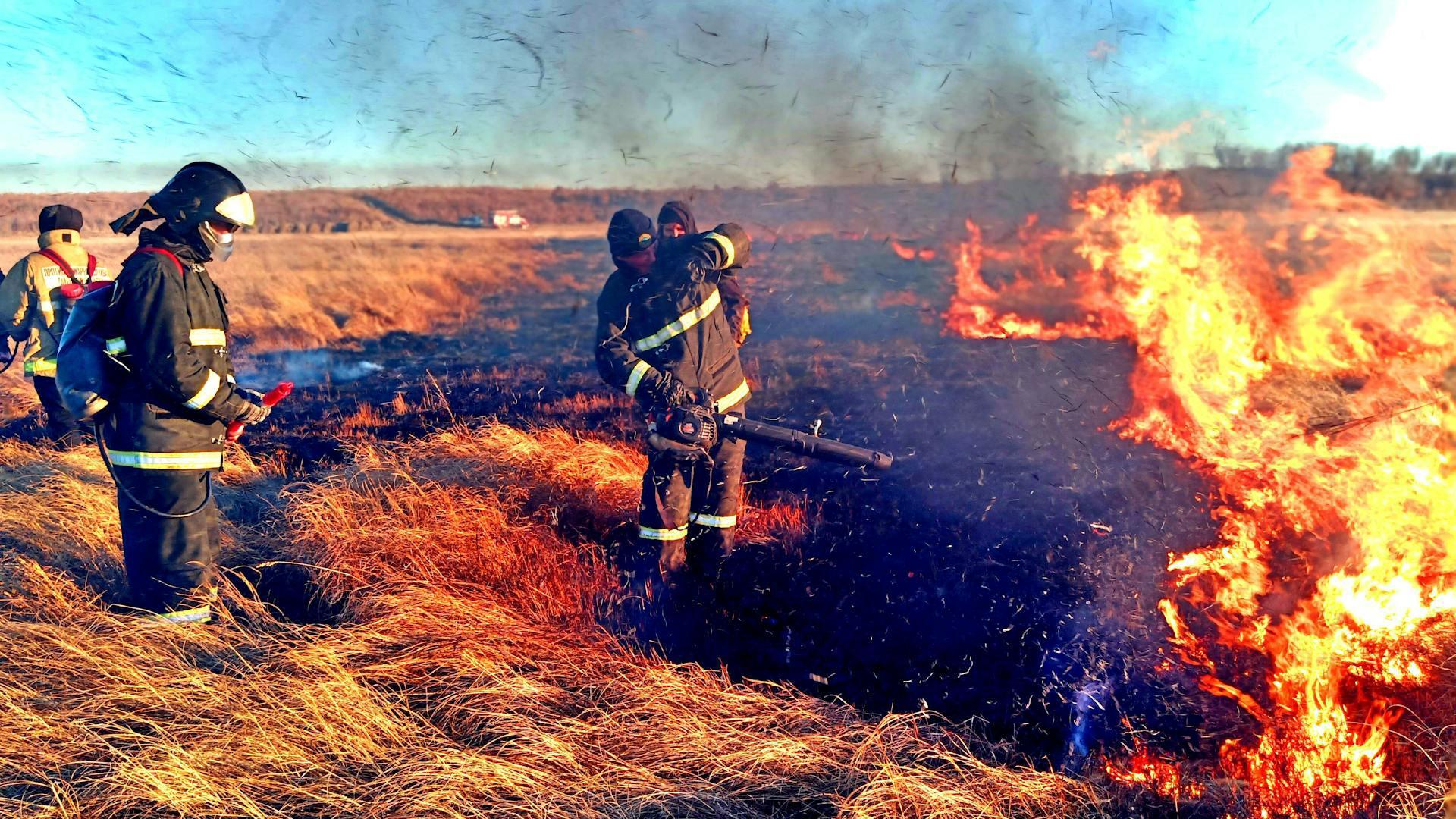
Forbes might have a strong reason to oppose the Biden administration plan to declare a national emergency, but how close are we to getting a declaration?
No one at the White House would confirm, according to Bloomberg, but the publication did get a comment from spokesperson Angelo Fernández Hernández. He still didn’t remark on any specifics in the discussions, giving us the broad strokes instead.
Emergency Since Day One
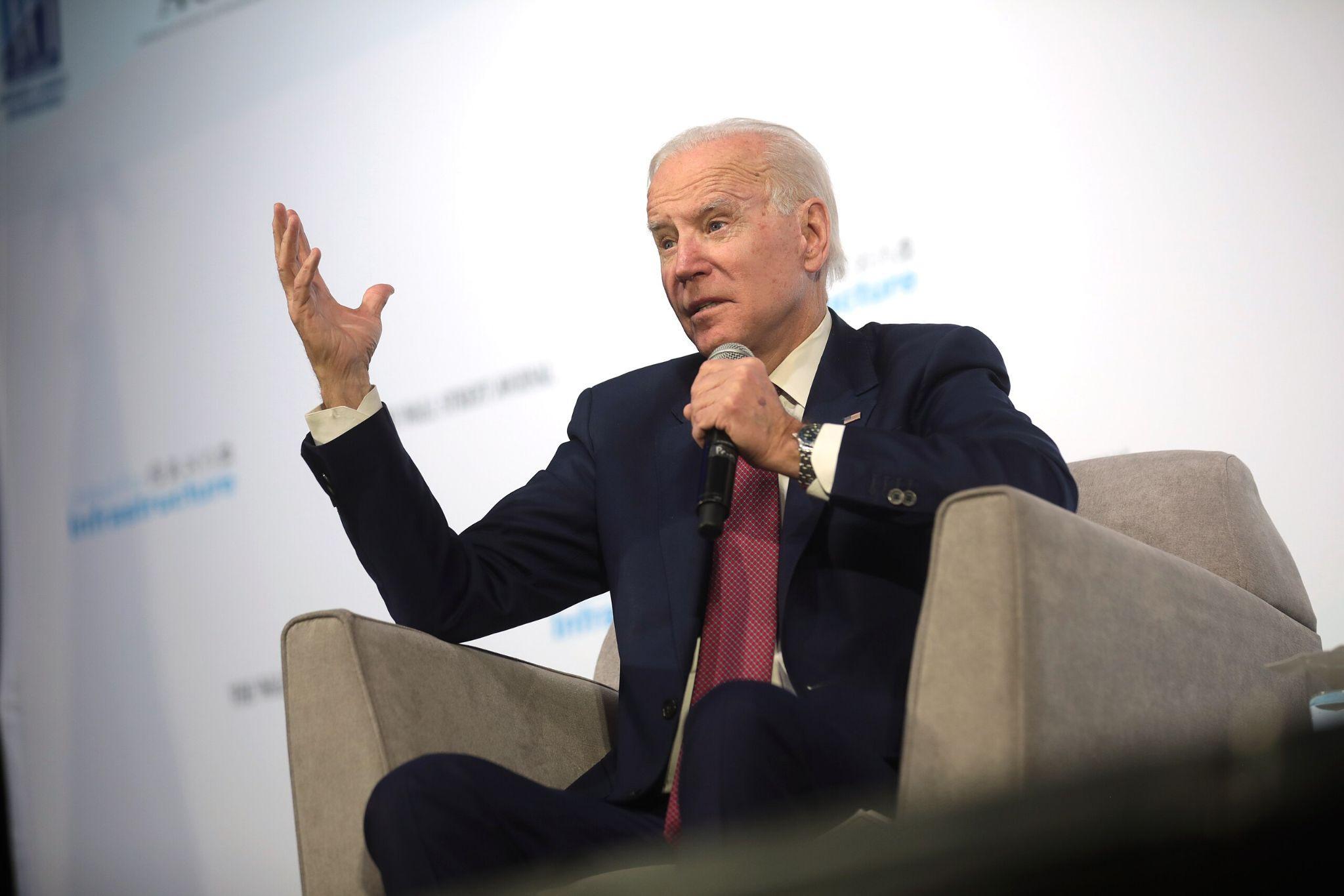
Hernández said instead that the climate crisis has always been President Biden’s emergency since day one.
He also said the president would “continue to build a clean energy future that lowers utility bills, creates good-paying union jobs, makes our economy the envy of the world and prioritizes communities that for too long have been left behind.”
The Economy to Think About
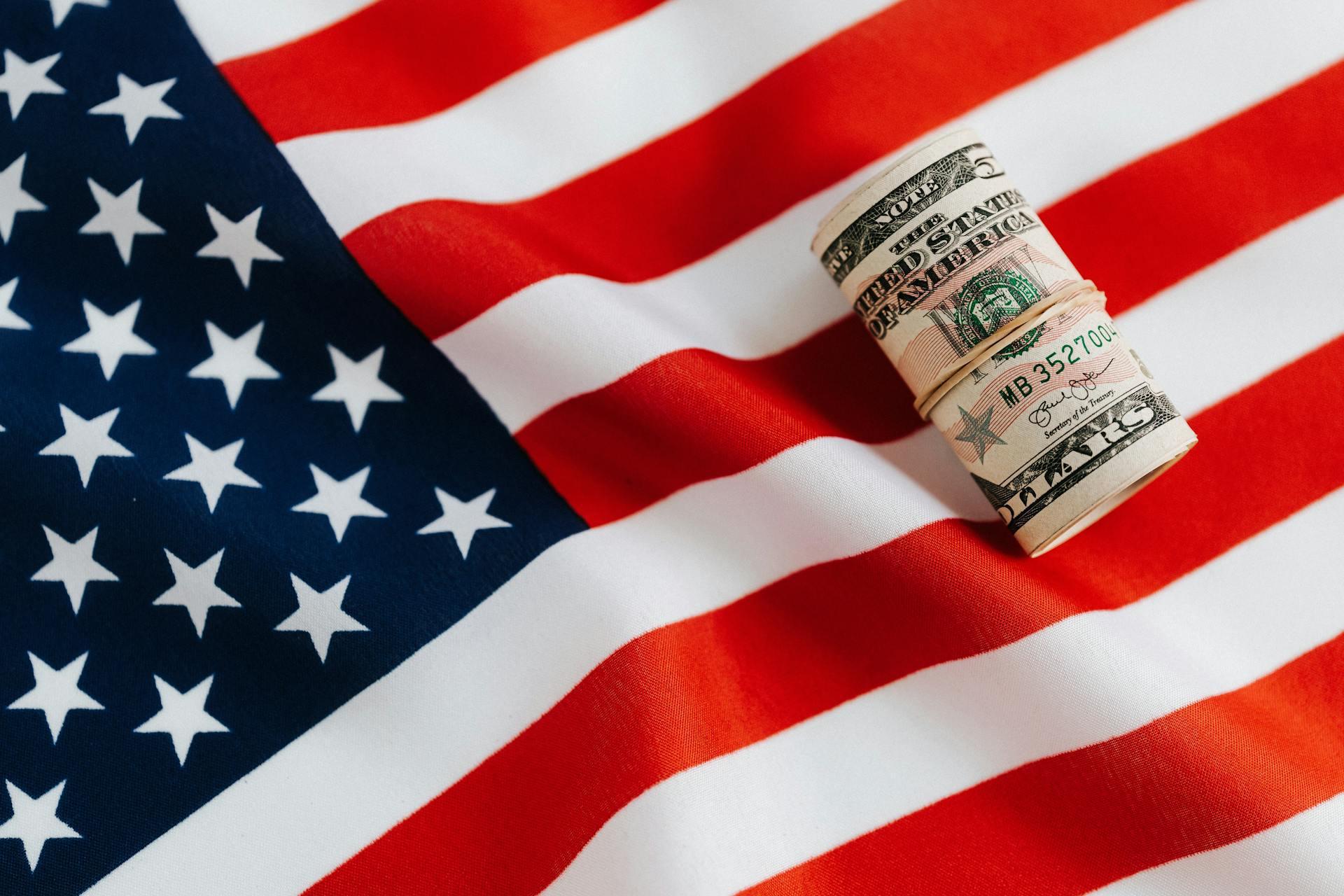
An emergency declaration on the climate crisis is nothing new. The Biden administration considered it first in 2022. The talks started after clean-energy legislation faltered, threatening to stall Biden’s climate agenda. But it was shelved after the Inflation Reduction Act was enacted.
Emergency declarations might be a good idea to help the environment, but then again, what about the economy? Industry experts have warned him that the move would indeed discourage investment in domestic oil production and stoke higher retail prices. It seems Forbes is right in issuing a warning for the president to tread carefully.
